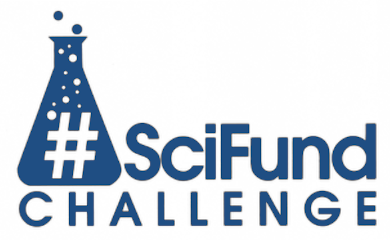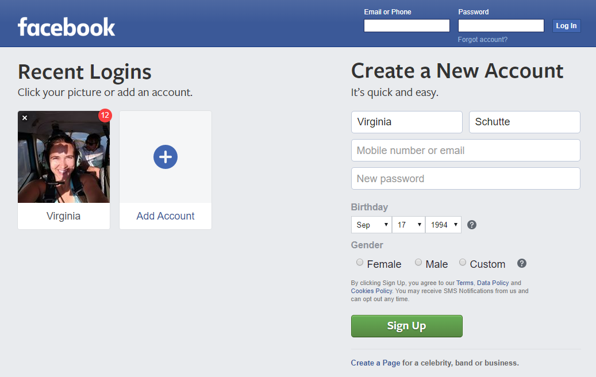
We had so much fun with the first round of #SciFund, let’s do it again. The second round of #SciFund Challenge begins now! Are you a scientist who wants to raise money for your science and engage the public with your research. We want you to get involved and sign up!
But let’s take a step back. For those of you who are new to this whole thing, the first round of #SciFund was an experiment that sought to answer one question. Can scientists raise money for their research by reaching out to the general public with their science message? Last fall, forty-nine scientists joined #SciFund to learn the answer. These scientists ran fundraising campaigns (in a process called crowdfunding) from November 1-December 15 under the #SciFund banner (campaigns are here). Together we raised over 76 thousand dollars, got press attention from all over the world (see coverage here) , and learned a huge amount about what works for science crowdfunding.
We want to use what we learned in the first round of the #SciFund Challenge to make the second round even better. Let’s start with the timeline. In March (this month), we are signing up scientists who want to run crowdfunding campaigns for their science. Don’t know anything about crowdfunding or reaching out to the public? Don’t worry, we’ve got your back. Because in April, we will be training the new round of #SciFund scientists how to succeed with all of this stuff. #SciFund projects will officially launch on May 1st and close on May 31st. We will be continuing to partner with RocketHub (a leading crowdfunding platform) and #SciFund projects will be located there.
So, what’s new about this round? This will be explained in much more detail in future posts, but here are two of the highlights.
1. Review of proposals by scientists. Just to make sure that all of the #SciFund science is more or less reasonable, we are instituting a quick and dirty, fast-pass form of review for #SciFund participants (see details here).
2. Greater emphasis on engaging the public with science. The whole point of #SciFund is to encourage scientists to reach out to the public with their science. If the public wants then to help support that science, so much the better, but the real purpose here is to create a more scientifically-aware world.

So, that’s the basics of #SciFund Returns – sign up now!



IT’S ON LIKE DONKEY KONG! Sorry, I’ve just been waiting to say that. The phrase is kind of stuck in my head.
Registered!
Looking forward to hear from you, guys 😉
This is awesome, Jai! 2 quick questions:
1. I want to sign-up, but need to confer first with some collaborators. Is it ok to sign-up and then drop-out, or would you rather that people only sign-up if they are certain that they are going to be able to follow through?
2. Who does the money go to? E.g. is it a donation to my institution, to me personally (which has some obvious tax implications), etc? Just trying to figure out how that would work.
Thanks and great job!
Travis
Travis, I saw your link in Twitter. This looks interesting.
Hi Travis,
Thanks a bunch for your interest in #SciFund. Let me answer your questions.
1. I don’t have a strong preference: sign up whenever it makes sense for you (you have until March 31).
2. The money will likely go to your university. I have written two blog posts on just this very topic:
https://scifundchallenge.org/2011/09/27/will-universities-allow-you-to-raise-money-through-crowdfunding/
https://scifundchallenge.org/2011/10/10/will-your-university-allow-you-to-crowdfund-for-your-research-part-2/
Jai
I’m trying to decide if I should sign up. I would like to see how the campaigns went last year, but the link to the campaigns from round one is broken on this web page. Could you please fix that so we can see the videos and results? Thanks!
Hi Lis. The link has been fixed – thanks for bringing that to my attention. Here is the link again, just in case: http://www.rockethub.com/projects/scifund
Reblogged this on Sex, math and programming and commented:
This is an important experiment in generating funding for science. Generating funding from the general public is a huge step toward eliminating competition in science. Please read about this: